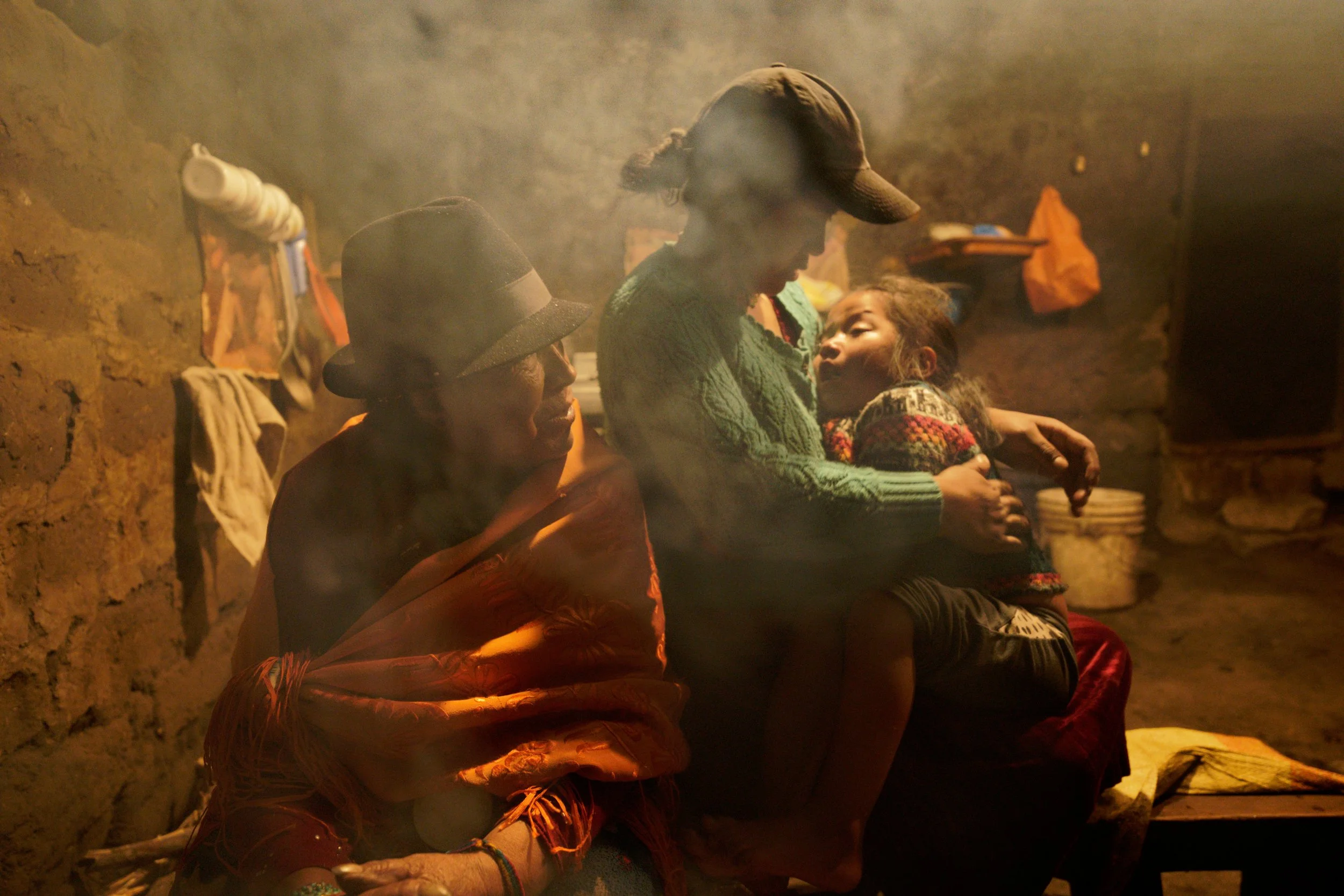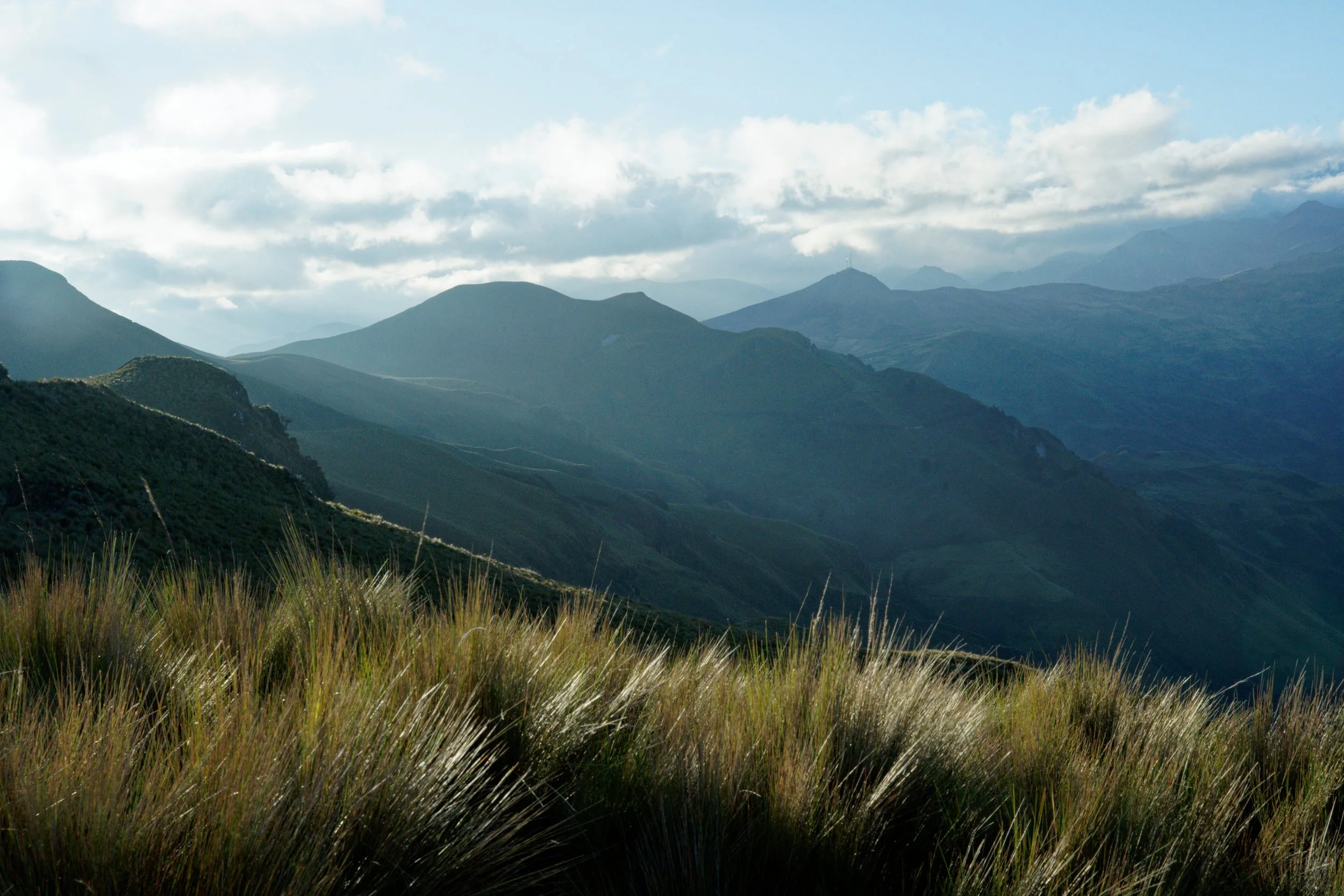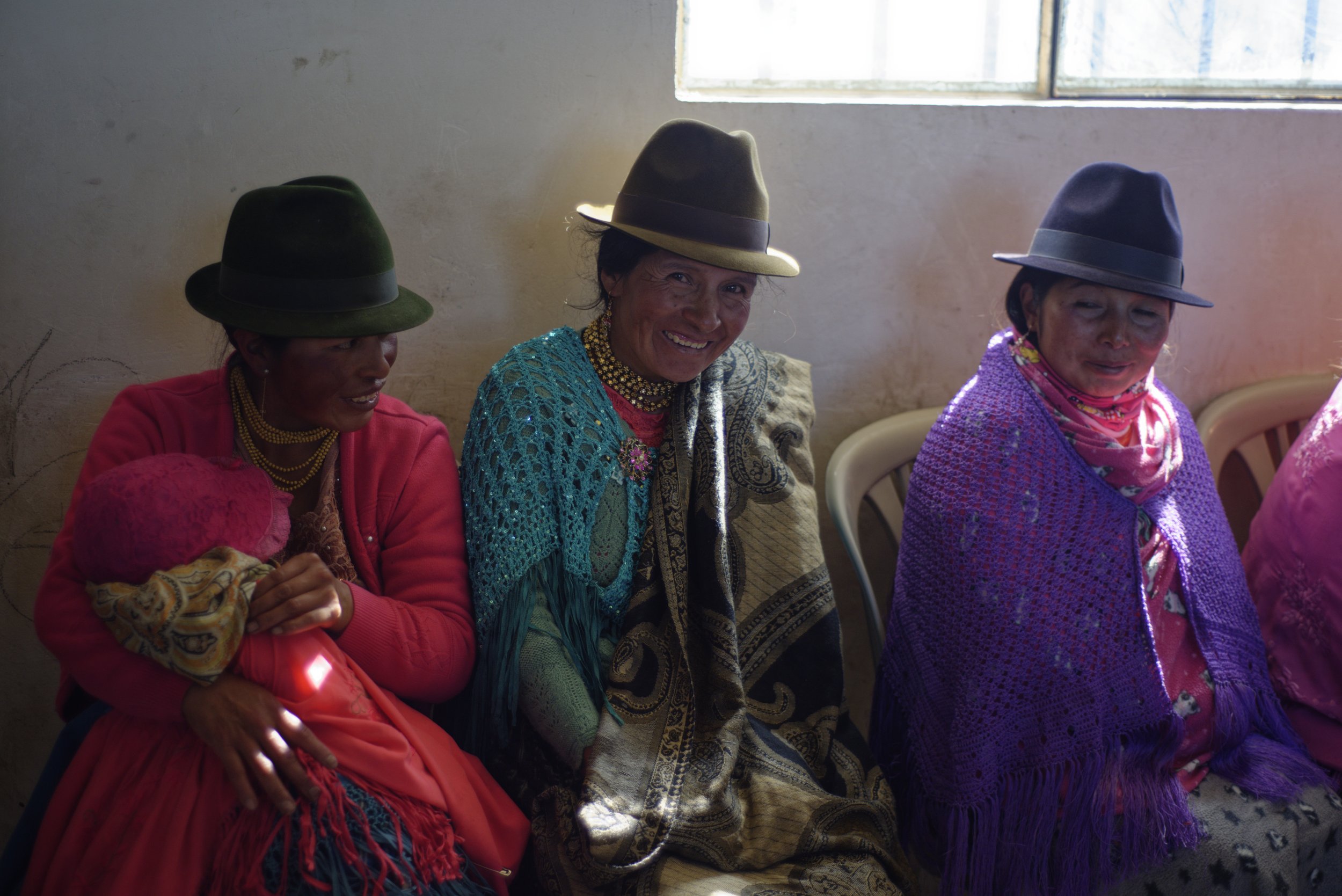
In the heart of Quito, an indigenous midwife carries with her the ancestral knowledge of her community. 'Wawamama' explores how migration transforms territories and traditions, but cannot erase the memory of those who heal, care and resist in a foreign city. An intimate look at cultural resilience in a changing world.
Wawamama
“Wawamama” is a short documentary film that arises in the context of the pandemic, winner of the fund for the production of short films of the 2022 call of IFCI Ecuador. Directed by Luis Herrera, this project is the result of a deep process of research and accompaniment to various indigenous communities in the San Roque market in Quito. Through the director's eyes, it addresses the situation of indigenous migration to the city, exploring how this phenomenon has transformed community and territorial dynamics.
The short film focuses its narrative on the knowledge of a midwife, who preserves the ancestral knowledge of midwifery and healing. Her story reflects how migration has taken this knowledge beyond the borders of her community of origin, adapting to a new urban context. The territory, as they knew it, is no longer the same, but their craft of healing, caring and sustaining their community persists wherever it is needed.
“Wawamama” not only makes visible the resilience of traditional ancestral medicine, but also invites reflection on identity, migration and cultural adaptation in an ever-changing world. This documentary is a testimony of the resilience of indigenous communities and their ability to keep their knowledge alive in the midst of adversity.
Short
Ficha Técnica / Technical Details
Título en español: Wawamama
Título en inglés: Wawamama
Produccion general / General Production: Esteban Coloma / Cooperativa Audiovisual
Dirección / Directed: Luis Herrera R.
Dirección de Fotografía / Cinematography: Leonardo Salas
Asistencia de Dirección / Assistant Direction: Patricia Yallico
Guión / Screenplay: Patricio Capelo, Luis Herrera R.
Sonido Directo / Direct Sound: Esteban Coloma
Producción de Campo / Field Production: Patricia Yallico
Edición / Editing: Patricio Capelo
Colorización / Color Grading: Edgar León Crespo / Rompecabezas Color
Mezcla de sonido / Sound Mixing: José Salgado / Ruido Ec
Musicalización / Musical Score: Edgar Granda
Genero / Genre: Documental / Documentary
Formato / Format: 4K 16:9
Duración / Runtime: 16:42 minutos / 16:42 minutes







